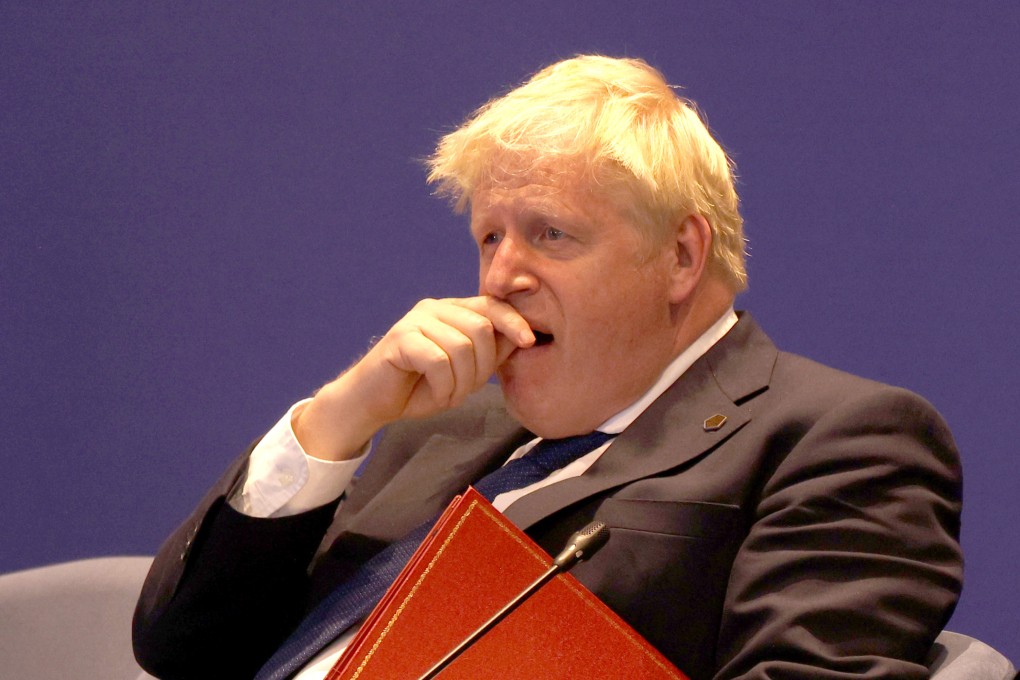Britain ‘sick man of Europe’ is hurtling towards breaking point after being battered by Brexit and Covid-19
- After Brexit and the pandemic, the nation is succumbing to intractable problems marked by plodding growth, surging inflation and a series of damaging strikes
- Consumer prices are the highest for 40 years and there are parallels with the dark days of the 1960s and 1970s when Britain was dubbed the ‘sick man of Europe’

Britain under Prime Minister Boris Johnson is running into the biggest headwinds it’s faced since the 1970s, heaping pain on an economy still reeling from Brexit and the pandemic.
After suffering from unprecedented shocks in recent years, the nation is succumbing to more intractable problems marked by plodding growth, surging inflation and a series of damaging strikes.
The result is a plunge in consumer confidence that analysts warn may lead to a recession. Railway workers last week walked off the job in anger that their living standards are slipping, and criminal barristers are striking on Monday. Teachers and doctors may be next.
The headline figures make grim reading. The economy is on track to shrink in the second quarter, raising the possibility that the UK is already in a recession. Even when the outlook appeared brighter, officials estimated that growth would settle at a below-par 1.8 per cent a year, with no end in sight to the feeble productivity that has blighted the country for more than a decade.
While growth is on track to lag most major economies next year, inflation is also on the rise. Consumer prices surged by 9.1 per cent in the year through to May, the most for 40 years.
The Bank of England expects inflation to accelerate again when energy bills are allowed to rise in the autumn, reaching more than 11 per cent.